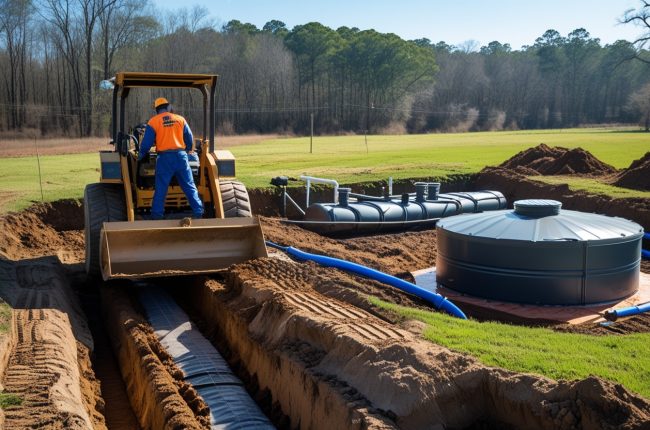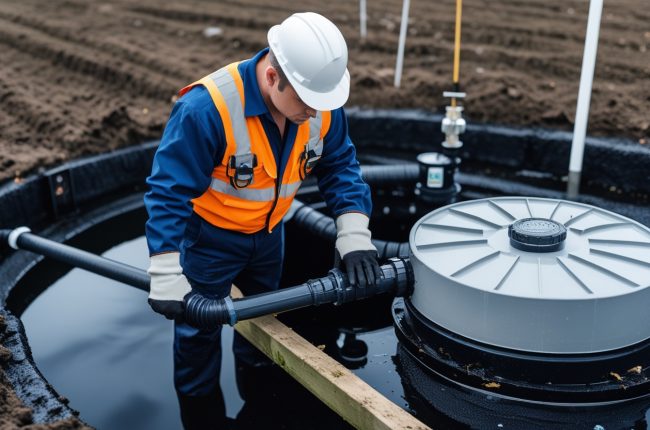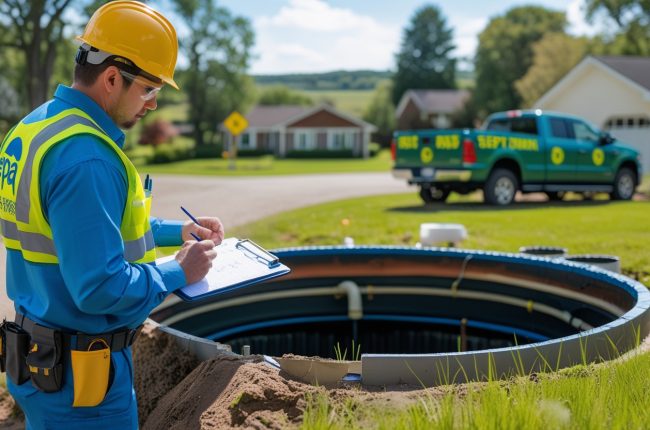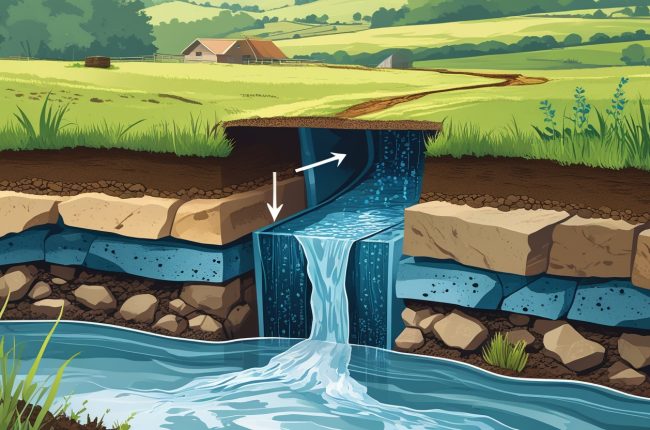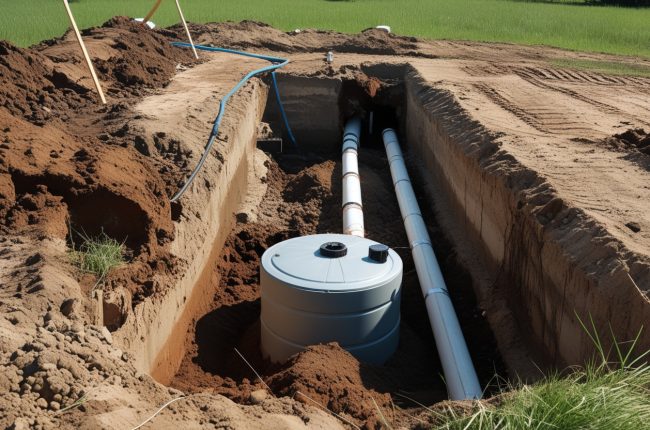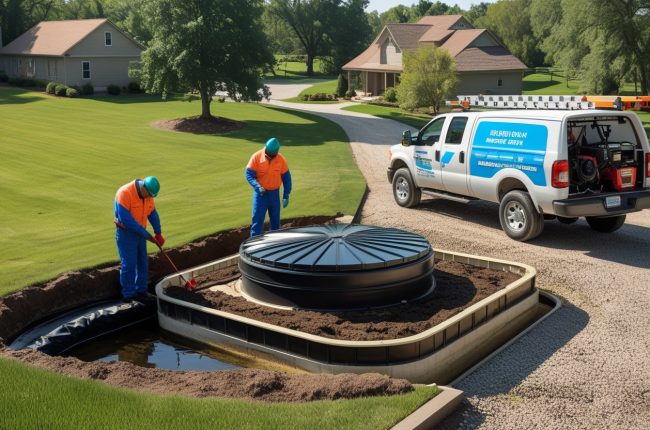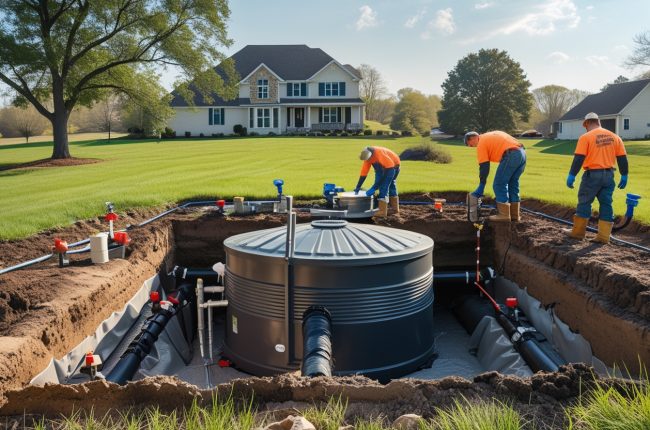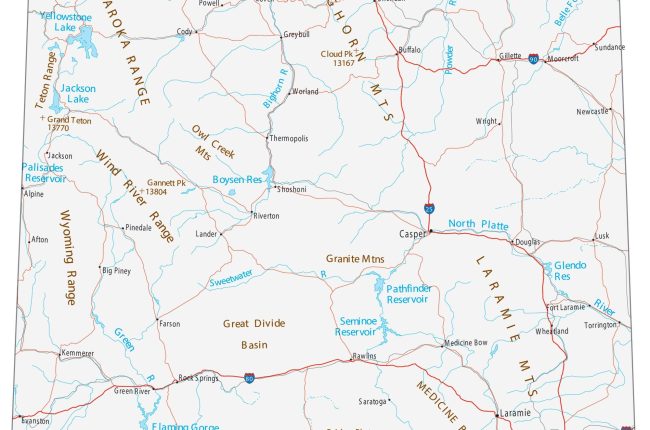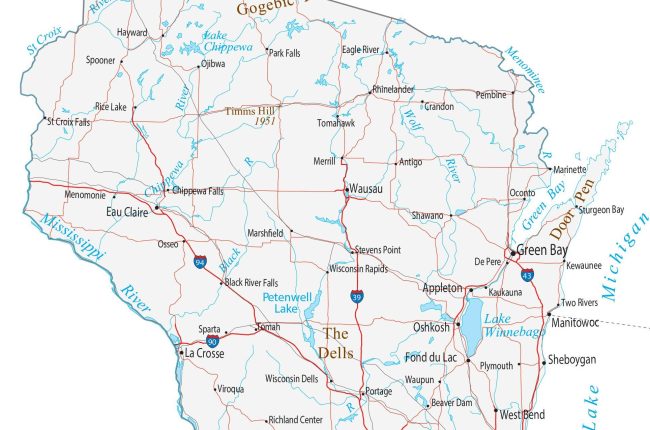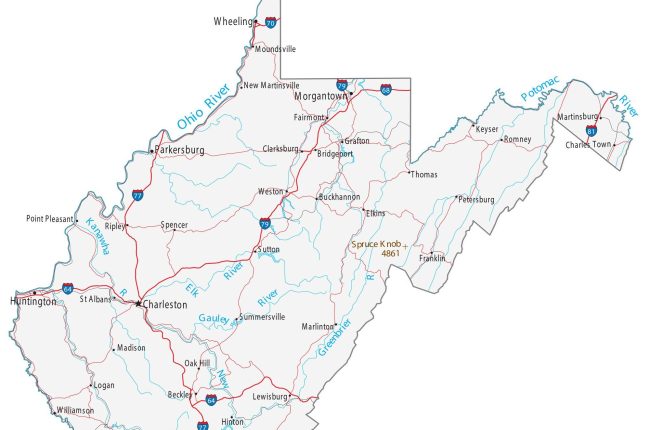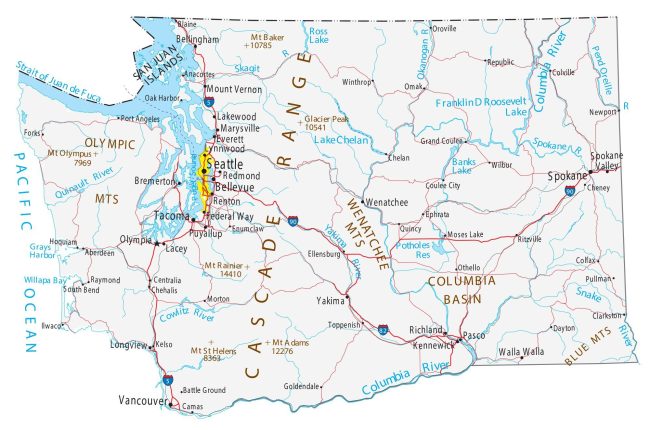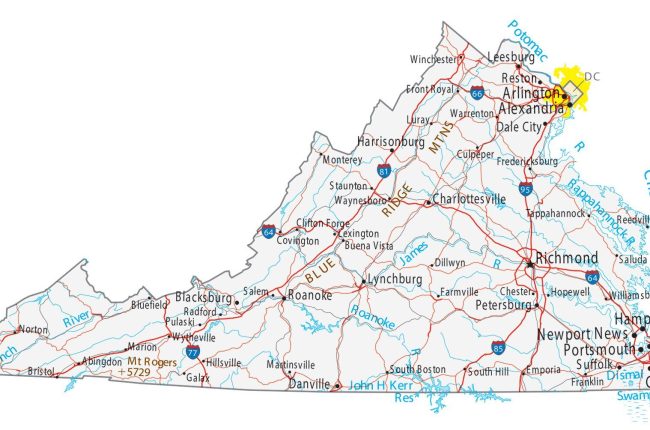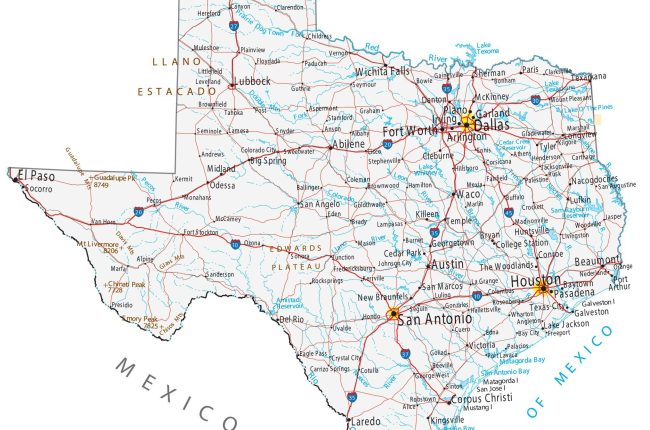Category: Septic State Regulations
Explore septic system regulations across the United States. Find essential rules, permits, and guidelines for each state to ensure compliance and proper septic maintenance tailored to local requirements.
Understanding Hawaii septic tank regulations is crucial for homeowners and businesses. These rules ensure wastewater is safely treated, protecting public health and the environment. Failing to comply can lead to fines, property damage, and water…
A Mississippi septic tank license is essential for professionals installing, maintaining, or pumping septic systems. Homeowners planning to install their own systems must also follow strict regulations. Understanding licensing requirements helps avoid legal issues and…
If you want to install septic systems in Maryland, you must have a Maryland septic installer license. The state regulates septic system installations to protect public health and the environment. Licensed installers ensure septic systems…
If you own a home with a septic system in New Mexico, it’s essential to understand the regulations that govern installation, maintenance, and compliance. These rules are designed to protect public health and prevent environmental…
Gray water, the wastewater from sinks, showers, and washing machines, is often reused for irrigation and other non-potable purposes. However, improper disposal can pose environmental and health risks. With new gray water disposal laws Missouri…
If you want to install septic systems in Oregon, you must obtain an Oregon septic installer license. This license ensures compliance with Oregon’s on-site wastewater regulations and guarantees that septic systems are installed correctly to…
Septic systems are essential for homes and businesses in rural areas without access to municipal sewage. Understanding Mississippi septic tank requirements ensures compliance with state laws, protects public health, and prevents environmental hazards. This guide…
Septic tank regulations are constantly evolving to protect public health and the environment. Homeowners and businesses must stay informed to avoid fines and costly system upgrades. Understanding what are the new regulations for septic tanks…
Septic systems are essential for wastewater management in rural areas, but they must meet Oklahoma septic tank regulations to ensure public health and environmental safety. Homeowners and businesses must comply with local laws to avoid…
An illegal septic system can lead to serious financial and legal consequences. Homeowners who install, modify, or operate septic systems without proper approval risk hefty fines, legal action, and mandatory repairs. These penalties vary by…
New Arkansas septic tank laws are changing how homeowners install, maintain, and inspect their septic systems. These regulations ensure better wastewater management, protecting public health and the environment. If you own property with a septic…
Understanding new Tennessee septic tank laws is crucial for homeowners, builders, and real estate professionals. Recent changes impact installation, maintenance, and compliance, making it essential to stay informed. This guide breaks down the latest regulations,…
In Pennsylvania, septic systems play a vital role in managing wastewater, particularly in rural areas where centralized sewer systems are unavailable. However, many homeowners may unknowingly operate illegal septic systems, which can lead to significant…
Septic systems play a crucial role in wastewater management, especially in rural areas like Wyoming, where centralized sewer systems are less common. Understanding Wyoming septic tank regulations ensures compliance with state laws and helps protect…
Ensuring your septic system complies with Wisconsin’s regulations is crucial for both the environment and the health of your property. Septic systems are the preferred wastewater disposal method in rural areas where public sewer systems…
Understanding septic tank regulations is essential for homeowners in West Virginia to maintain compliance with the state’s environmental standards. This guide explores the regulations around septic tank installation, maintenance, and wastewater management in West Virginia.…
Septic systems play a vital role in wastewater management, particularly in areas without centralized sewer systems. In Washington State, strict regulations ensure that septic systems function efficiently, protect public health, and safeguard the environment. This…
Septic systems are a vital part of wastewater management in Virginia, especially in rural and suburban areas where public sewer systems are not available. Understanding Virginia septic system regulations is crucial for homeowners and contractors…
Vermont septic system regulations are designed to protect public health and the environment by ensuring that wastewater is properly treated and disposed of. The Vermont Department of Environmental Conservation (DEC) oversees these regulations, which are…
Proper septic system management is crucial for protecting the environment and ensuring public health. Understanding septic tank laws in Texas helps homeowners comply with state regulations, avoid penalties, and maintain their systems efficiently. This guide…

